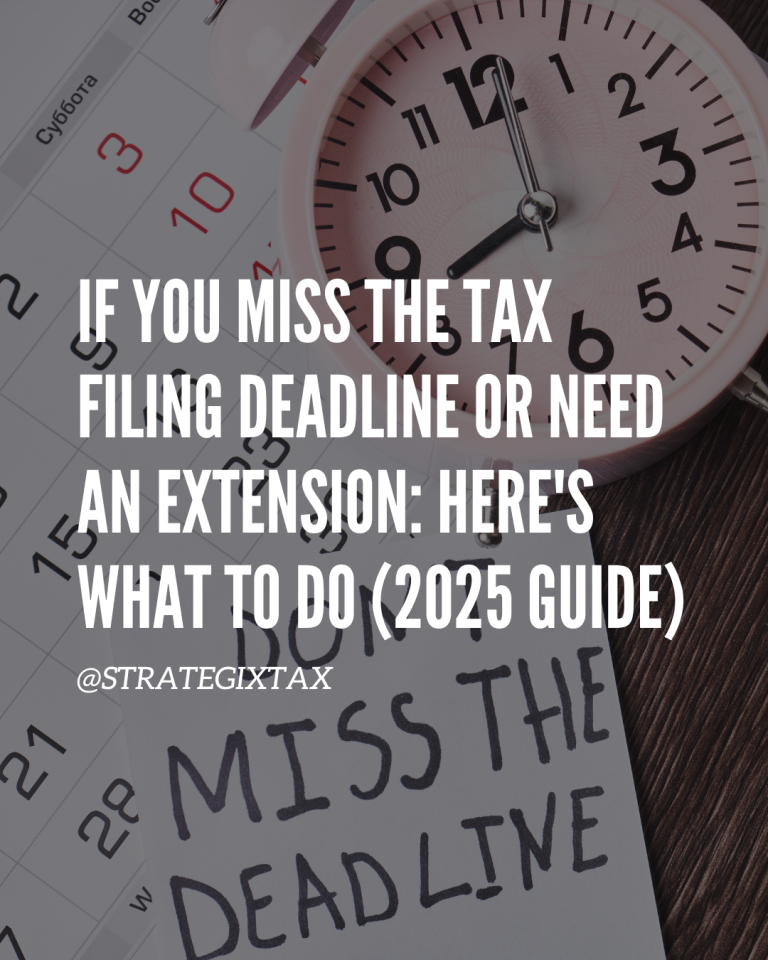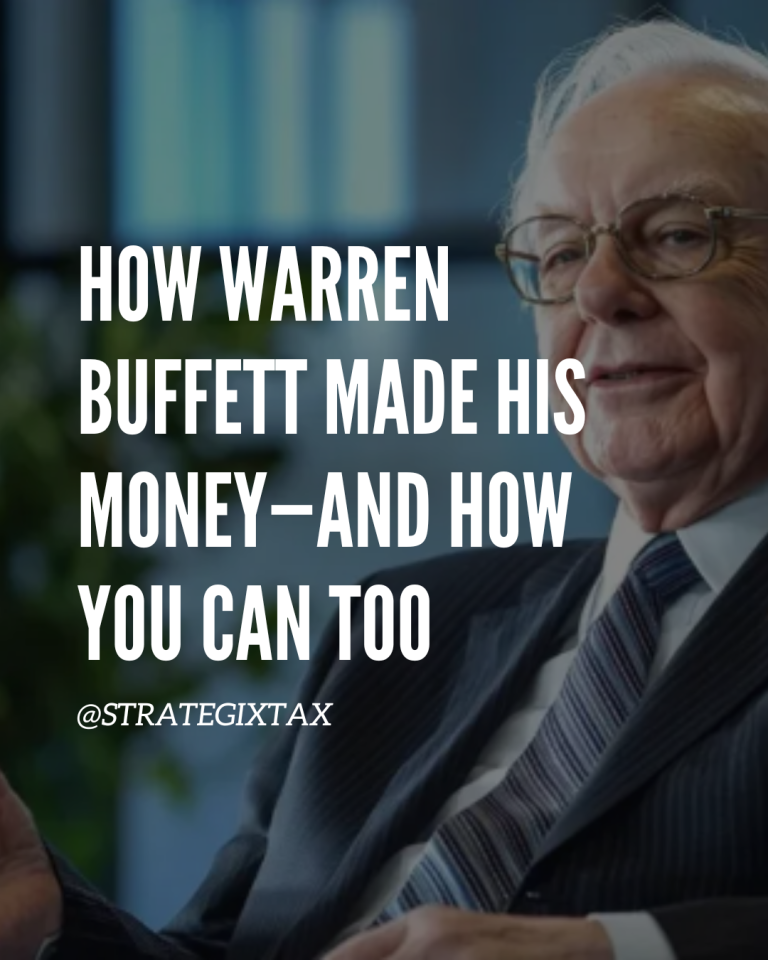If you’ve ever worked a side gig, done freelance work, or got paid for a service without being an employee, chances are you’ll get something called a 1099 form during tax season.
If the word “taxes” makes your head spin—don’t worry. We’re going to break this down in plain English, no finance degree required.
What Is a 1099 Form?
A 1099 form is a tax document that shows how much money someone paid you during the year outside of a regular job.
If you’re an employee, you get a W-2 form from your employer. But if you’re a freelancer, independent contractor, side hustler, or self-employed, you get a 1099 form.
Think of it this way:
- W-2 = You’re an employee. Taxes already taken out.
- 1099 = You worked for yourself. You have to handle your own taxes.
Who Sends You the 1099?
Any person or company that paid you $600 or more during the year for your work or services will send you a 1099 form by January 31st of the following year.
For example:
- You drove for Uber? They’ll send you one.
- Did freelance graphic design? Your client will send one.
- Sold stuff online or made money on YouTube? You might get one too.
What Do You Do With a 1099?
You use it to file your taxes.
Here’s how it works:
- Collect all the 1099 forms you received.
- Use them to report your income on your tax return.
- Pay taxes on that income—because no one took it out for you.
With a regular job, your employer withholds (takes out) income tax, Social Security, and Medicare. With 1099 income, you have to do it yourself.
Types of 1099 Forms
There are several types of 1099s. Here are the most common:
- 1099-NEC – For Non-Employee Compensation. This is what most freelancers, gig workers, and contractors get.
- 1099-MISC – For miscellaneous income (like rent or prizes).
- 1099-K – For payments from platforms like PayPal, Etsy, or DoorDash. You’ll get this if you made over $600 from those apps.
(If you get one and aren’t sure why, don’t panic. Just hold on to it for tax time.)
Do You Need to Report 1099 Income?
Yes. Always. Even if you didn’t get a 1099, you still have to report all the money you earned.
The IRS knows about your income because the company that paid you sends a copy of the 1099 to them too.
How Much Tax Do You Pay on 1099 Income?
It depends on how much you earned—but here’s the basic idea:
You pay:
- Income Tax – Based on how much you made total during the year.
- Self-Employment Tax – This covers Social Security and Medicare, just like a regular employee would pay. For 1099 workers, it’s about 15.3% of your income.
Example:
If you earned $10,000 in 1099 income, you might owe:
- Around $1,530 in self-employment tax
- Plus income tax depending on your total income and tax bracket
Can You Lower Your Taxes? Yes!
You can subtract business expenses from your income before calculating tax. This is called deducting expenses.
Some common 1099 tax write-offs:
- Internet or phone bill (if used for work)
- Supplies or tools
- Mileage (if you drove for work)
- Home office space
Save receipts and keep track—because every little bit helps reduce what you owe.
How Do You File 1099 Taxes?
You can:
- Use tax software (like TurboTax, H&R Block, etc.)
- Hire a tax pro or accountant
- Or file directly through the IRS website
You’ll usually need to fill out a Schedule C (Profit or Loss from Business) and Schedule SE (Self-Employment Tax) along with your regular tax return.
Do You Need to Pay Taxes During the Year?
If you earn a lot from 1099 work, you may need to pay estimated taxes every few months instead of waiting until April. This keeps you from getting hit with a big surprise tax bill (and possible penalties).
Final Thoughts: Don’t Freak Out—Just Be Prepared
1099 taxes might sound scary at first, but here’s the deal:
- You’re not alone.
- You have tools to help.
- And you get more control over your money and your work.
Just save your 1099s, keep records of what you earn and spend, and file your taxes on time. If you’re unsure, talk to a tax expert. You don’t have to know it all—you just have to get started.
Bonus Tip: Don’t Wait Until the Last Minute
The earlier you start organizing your tax stuff, the less stressful it’ll be later. Even if you just create a folder labeled “TAXES” on your computer or email—future you will be grateful.



